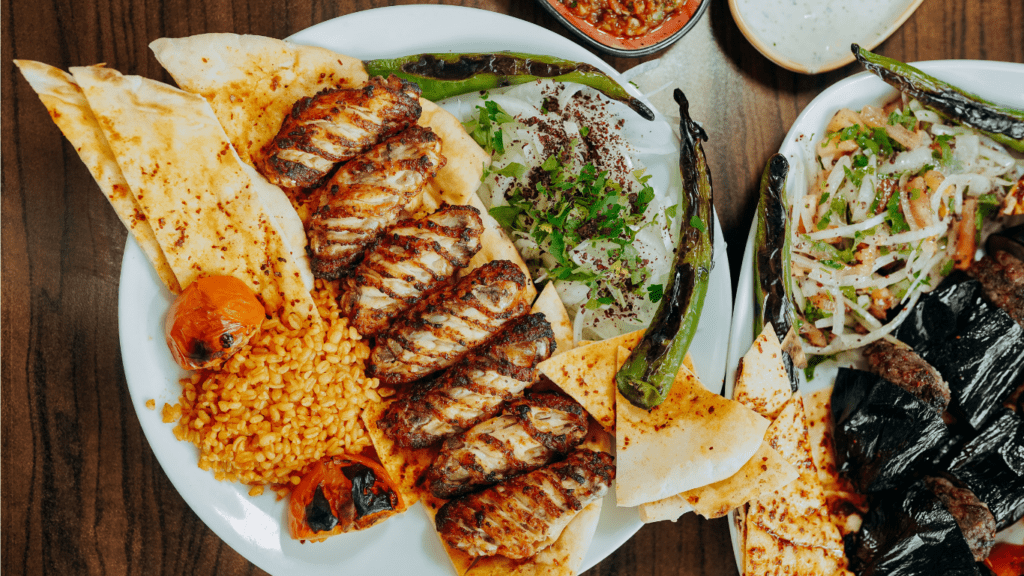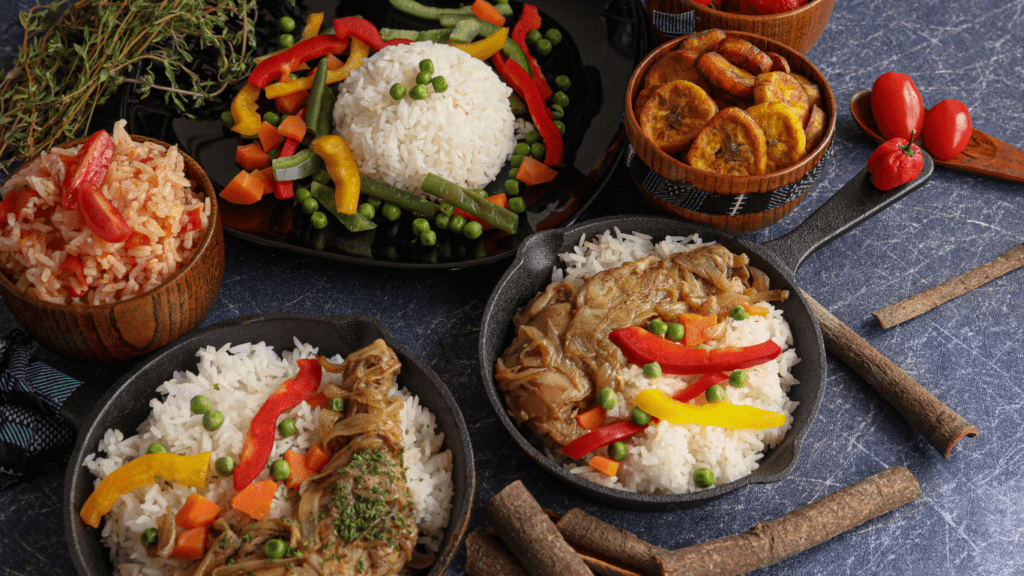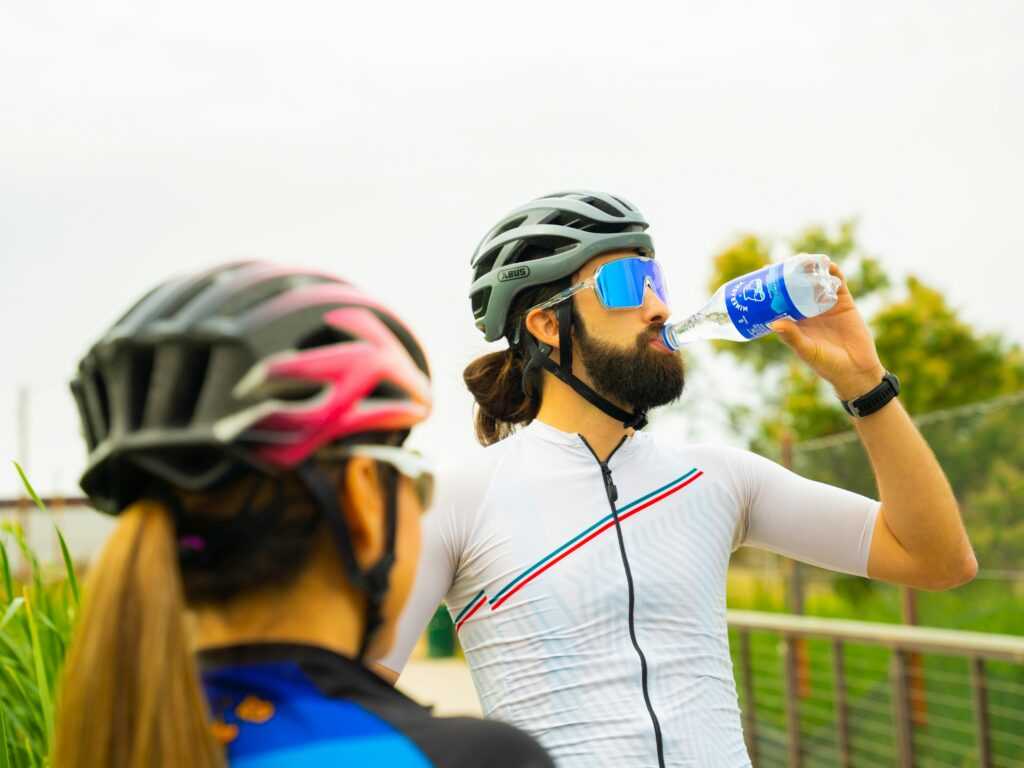The Importance of Nutrition in Cycling Performance
Nutrition plays a crucial role in cycling performance, directly impacting energy levels, endurance, and recovery.
The Role of Macronutrients
Macronutrients, including:
- carbohydrates
- proteins
- fats
serve as the primary building blocks for energy. Carbohydrates provide the main source of fuel for high-intensity riding.
Consuming complex carbs, like whole grains and vegetables, ensures consistent energy release. Protein supports muscle repair and growth, which is vital for recovery.
Sources such as lean meats, tofu, and legumes are effective. Fats serve as an energy reserve during long rides; opt for healthy fats from avocados, nuts, and fish.
The Role of Micronutrients
- Micronutrients, including vitamins and minerals, support various bodily functions and enhance overall performance.
- Iron transports oxygen to muscles, aiding stamina. Include spinach, red meat, and lentils in your diet.
- Calcium supports bone health and muscle function, available in dairy products and leafy greens.
- Magnesium helps energy production and muscle relaxation, found in nuts, seeds, and whole grains.
- Ensure an intake of these nutrients for sustained performance and efficient recovery.
- Nutrition directly influences cycling efficiency, making a balanced diet essential for any cyclist aiming to optimize performance.
Essential Diet Components for Cyclists

Cyclists need a balanced diet to optimize performance and recovery. Focus on key nutrients like carbohydrates, proteins, and fats for the best results.
Carbohydrates: Fuel for the Ride
Cyclists use carbs as their primary energy source. Complex carbs, like whole grains and vegetables, provide sustained energy. Simple carbs, found in fruits and sports drinks, offer quick energy needed for intense efforts.
Mix these types of carbs based on training intensity for a steady energy supply.
Proteins: Building and Repair
Proteins aid muscle repair and growth after intense cycling sessions. Sources include lean meats, fish, eggs, and plant-based proteins like beans and lentils.
Aim for about 1.2-1.6 grams of protein per kilogram of body weight to support recovery and development.
Fats: Sustained Energy Source
Healthy fats, such as those found in avocados, nuts, seeds, and olive oil, provide long-lasting energy. They’re essential for prolonged endurance efforts.
Include these fats in your meals to keep energy levels consistent during extended rides.
Hydration Strategies for Long Rides
Hydration plays a vital role in cycling performance. Proper fluid intake is crucial before, during, and after rides to maintain energy levels and prevent dehydration.
Pre-Ride Hydration
Begin with drinking 16-20 ounces of water two hours before riding. This ensures that your body is well-hydrated. Consume another 8-10 ounces 15 minutes before the ride.
Avoid caffeinated beverages immediately before riding to minimize dehydration risk.
Hydration During the Ride
Drink consistently throughout the ride. Consume about 8-10 ounces of water every 15-20 minutes to maintain hydration.
For rides longer than 60 minutes, consider using an electrolyte drink to replace lost minerals like sodium and potassium. Balance water and electrolyte intake to avoid hyponatremia.
Post-Ride Recovery Fluids
Rehydrate right after the ride by drinking 16-24 ounces of water for every pound lost. Pair water with a recovery drink or food rich in electrolytes to replenish lost nutrients. Incorporate beverages like chocolate milk, which provide both hydration and essential nutrients for muscle recovery.
By implementing these targeted hydration strategies, cyclists can sustain optimal performance and enhance recovery.
Tailoring Your Diet to Training Cycles
Cyclists need to adjust their diets based on their training cycles to maximize performance and recovery. Here’s how to tailor nutrition to specific periods.
Nutritional Needs During Off-Season
During the off-season, reducing calorie intake is necessary due to lower activity levels. Focus on maintaining muscle mass and controlling body fat.
Prioritize lean proteins like chicken and fish, complex carbohydrates such as quinoa and sweet potatoes, and healthy fats from avocados and nuts. Incorporate micronutrients by eating a variety of fruits and vegetables.
Adjusting Diet for Peak Training Periods
Peak training periods demand higher energy intake. Carbohydrates become critical for sustaining long rides; choose whole grains, brown rice, and starchy vegetables.
Increase protein consumption for muscle repair using sources like lean meats, legumes, and dairy products.
Hydrate consistently, both during and after training sessions, to replenish lost fluids and electrolytes. Seek advice from nutritionists or dietitians to develop a customized meal plan.

 I’m Brendamee McCartyierr, and as the founder of Cycle Smooth Ride Long, I'm thrilled to bring you the ultimate resource for all things cycling. Whether you're a seasoned rider or just starting on your cycling journey, our mission is to support your passion for two wheels with trusted advice, insightful reviews, and expert tips.
Cycling is more than just a hobby—it's a lifestyle that promotes health, freedom, and adventure. At Cycle Smooth Ride Long, we’re committed to making your ride smoother, longer, and more enjoyable by providing you with the latest in cycling news, nutrition advice, fitness tips, and gear reviews. We also cater to beginners, offering comprehensive guides to help you get started and build confidence on the road.
I’m Brendamee McCartyierr, and as the founder of Cycle Smooth Ride Long, I'm thrilled to bring you the ultimate resource for all things cycling. Whether you're a seasoned rider or just starting on your cycling journey, our mission is to support your passion for two wheels with trusted advice, insightful reviews, and expert tips.
Cycling is more than just a hobby—it's a lifestyle that promotes health, freedom, and adventure. At Cycle Smooth Ride Long, we’re committed to making your ride smoother, longer, and more enjoyable by providing you with the latest in cycling news, nutrition advice, fitness tips, and gear reviews. We also cater to beginners, offering comprehensive guides to help you get started and build confidence on the road.
